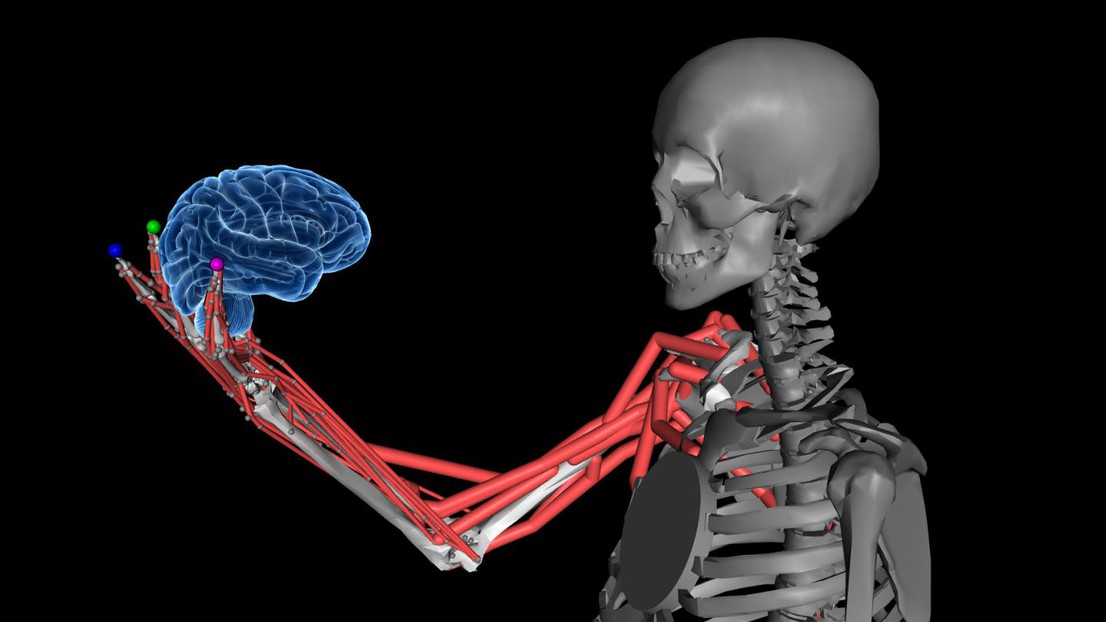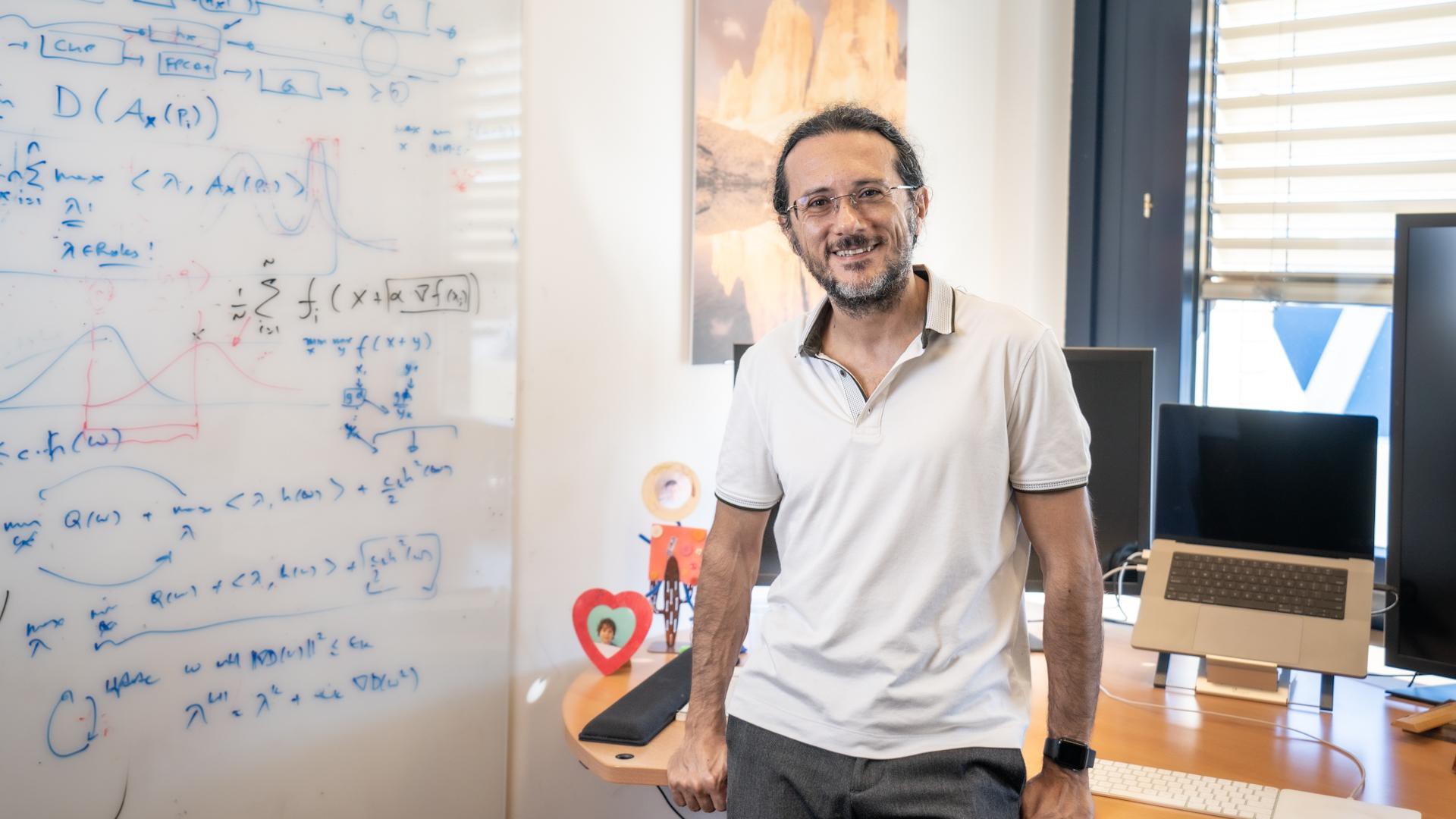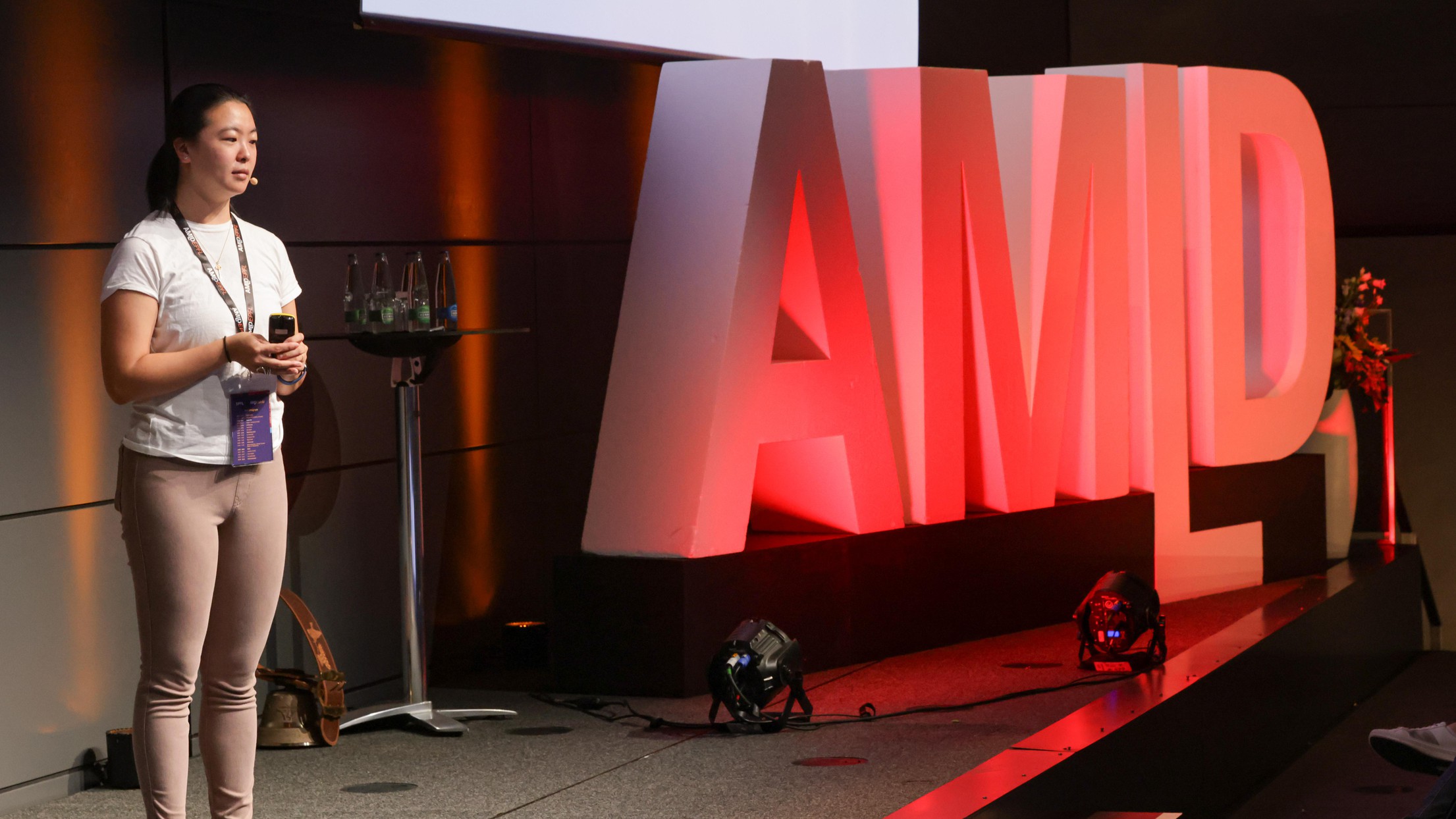AI’s new power of persuasion: it can change your mind

A new EPFL study has demonstrated the persuasive power of Large Language Models, finding that participants debating GPT-4 with access to their personal information were far more likely to change their opinion compared to those who debated humans.
How the brain senses body position and movement

Researchers at EPFL use neural networks to study proprioception, the sense the brain uses to “know” the body’s movement and position.
Does Artificial Intelligence work in English?

EPFL researchers have shown that large language models primarily trained on English text seem to use English internally, even when they are prompted in another language. As AI increasingly runs our lives, this may have important consequences regarding linguistic and cultural bias.
Joint initiative for trustworthy AI

ETH Zurich and EPFL are launching the “Swiss AI Initiative”, whose purpose is to position Switzerland as a leading global hub for the development and implementation of transparent and reliable artificial intelligence (AI). The new Alps supercomputer based at the Swiss National Supercomputing Centre (CSCS) provides the supporting world-class infrastructure.
A new EPFL tool shows the decline of political tone in the US

A new EPFL developed tool, Quotebank, has helped researchers provide the first large-scale data-driven evidence of a drastic shift towards a more negative political tone beginning at the start of Donald Trump’s primary campaign in June 2015.
Enhancing AI robustness for more secure and reliable systems

Researchers at EPFL have uncovered a fundamental flaw in the training of machine learning systems and elaborated a new formulation for strengthening them against adversarial attacks.
Making AI work for everyone

Platforms like ChatGPT are already changing the world. From healthcare to the arts and the way we work, how we can ensure AI and Machine Learning benefit all of society? World renowned experts have gathered at EPFL today to explore this topic.
Charting new paths in AI learning

Physicists at EPFL explore different AI learning methods, which can lead to smarter and more efficient models.
Anything-in-anything-out: a new modular AI model

Researchers at EPFL have developed a new, uniquely modular machine learning model for flexible decision-making. It is able to input any mode of text, video, image, sound, and time-series and then output any number, or combination, of predictions.
AI in the fight against global inequality

The Federal Department of Foreign Affairs (FDFA), EPFL and ETH Zurich, in collaboration with their partners, are launching the International Computation and AI Network (ICAIN) at the World Economic Forum (WEF) 2024 in Davos. Its mission is to develop AI technologies that benefit society as a whole, as well as being accessible to all and sustainable, […]